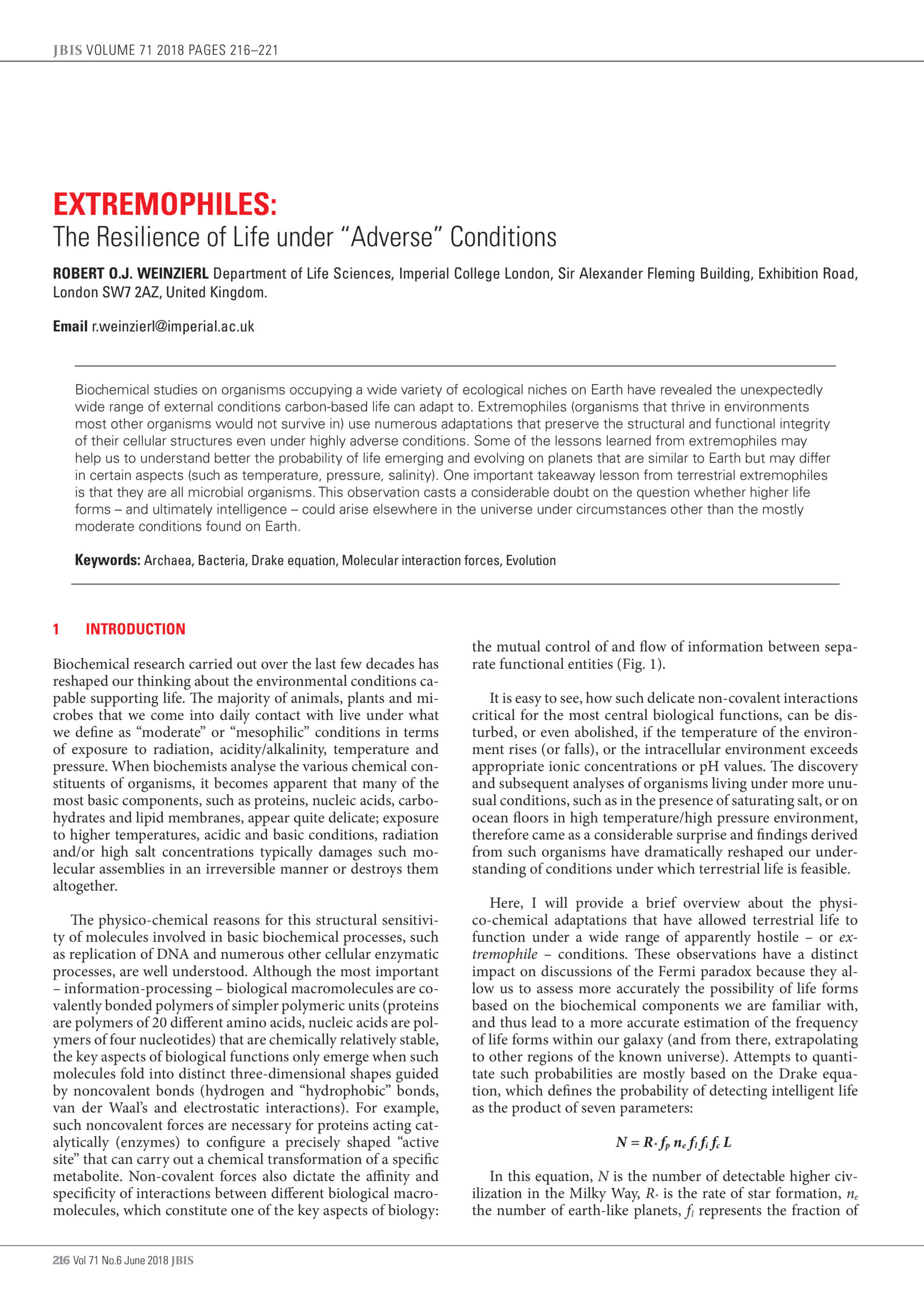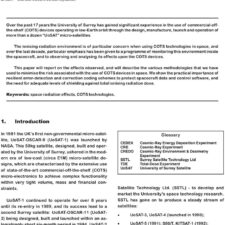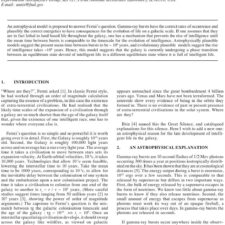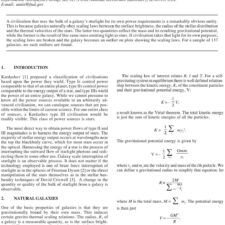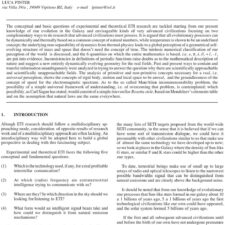Extremophiles: The Resilience of Life under “Adverse” Conditions
£5.00
R. Weinzierl (2018), JBIS, 71, pp.216-221
Refcode: 2018.71.216
Keywords: Archaea, Bacteria, Drake equation, Molecular interaction forces, Evolution
Abstract:
Biochemical studies on organisms occupying a wide variety of ecological niches on Earth have revealed the unexpectedly wide range of external conditions carbon-based life can adapt to. Extremophiles (organisms that thrive in environments most other organisms would not survive in) use numerous adaptations that preserve the structural and functional integrity of their cellular structures even under highly adverse conditions. Some of the lessons learned from extremophiles may help us to understand better the probability of life emerging and evolving on planets that are similar to Earth but may differ in certain aspects (such as temperature, pressure, salinity). One important takeaway lesson from terrestrial extremophiles is that they are all microbial organisms. This observation casts a considerable doubt on the question whether higher life forms – and ultimately intelligence – could arise elsewhere in the universe under circumstances other than the mostly moderate conditions found on Earth.

